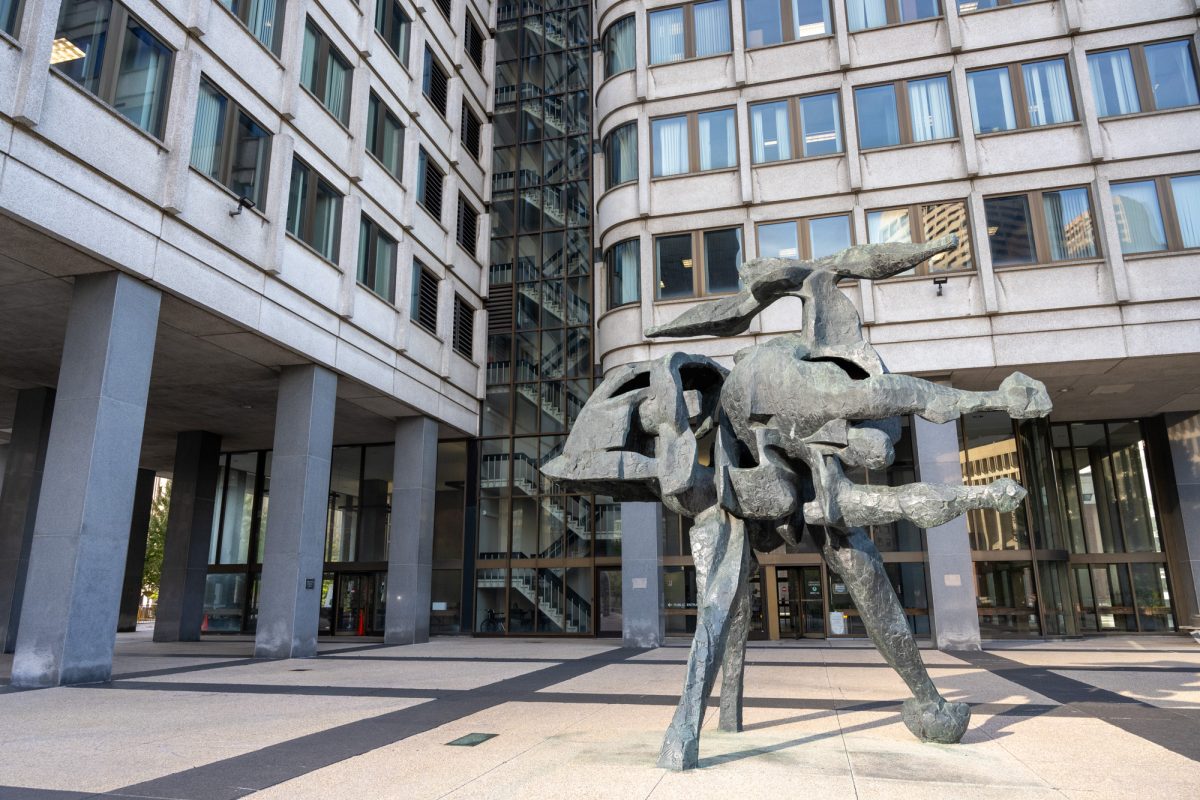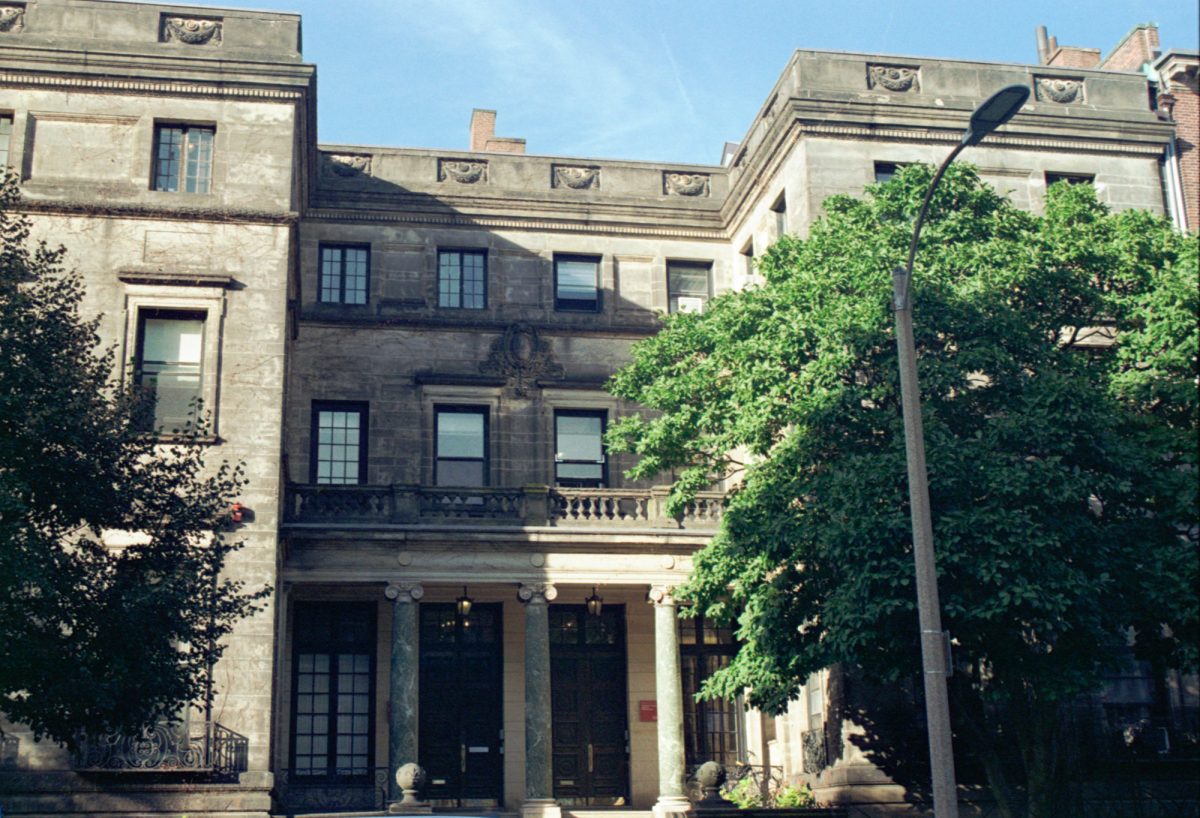The Westboro Baptist Church, an independent church renowned for its parishioners’ outlandish protest methods and abhorrence of homosexuality, has been an object of national media attention since its members picketed Matthew Shepard’s funeral in 1998. Since then, founder Fred Phelps, his family and other followers have continued to desecrate the memories of others who have “betrayed God’s will” at or around funeral services.
In response to the church’s inhumane demonstration at the funeral of Maryland U.S. Marine Lance Cpl. Matthew Snyder in 2006, Snyder’s family sued Phelps for $2.5 million in damages and $5 million in punitive damages. The church appealed the case, however, and on Wednesday the Supreme Court ruled in favor of Westboro, 8-1. Chief Justice John Roberts admitted that the church’s outrageous picketing style is “certainly hurtful and its contribution to public discourse may be negligible,” but ultimately argued that ruling otherwise would have infringed upon the guaranteed rights of the First Amendment.
It isn’t often that the First Amendment is a double-edged sword, but this is one instance in which it would have been nice to have a “special cases” amendment allowing leeway for such extreme, unforeseen cases. But that simply isn’t practical, while a verdict in favor of Snyder’s family would have been an emotional victory, it wouldn’t have been a fair representation of American principles. Admittedly, it must also be difficult for the Supreme Court to determine how protests that “amounted to targeted harassment and an intentional infliction of emotional distress” compare with the rights of the Constitution.
The Westboro Baptist Church is unique in that its entire congregation is composed of less than 100 people but over the years it has garnered notoriety the level of which other anti-gay organizations could only dream of. It’s also an anomaly in the sense that, regardless of political or religious affiliation, most people can collectively agree that their rabid bigotry is uncalled for and that their opinions are not only of little value but also detrimental to the nation as a whole. But while it’s difficult to reach a lawful balance between basic civility and the fundamental rights that make America a true democracy, the Supreme Court made the right decision on the basis of consistency. For that, many other sensibly dissenting groups can be thankful.










































































































